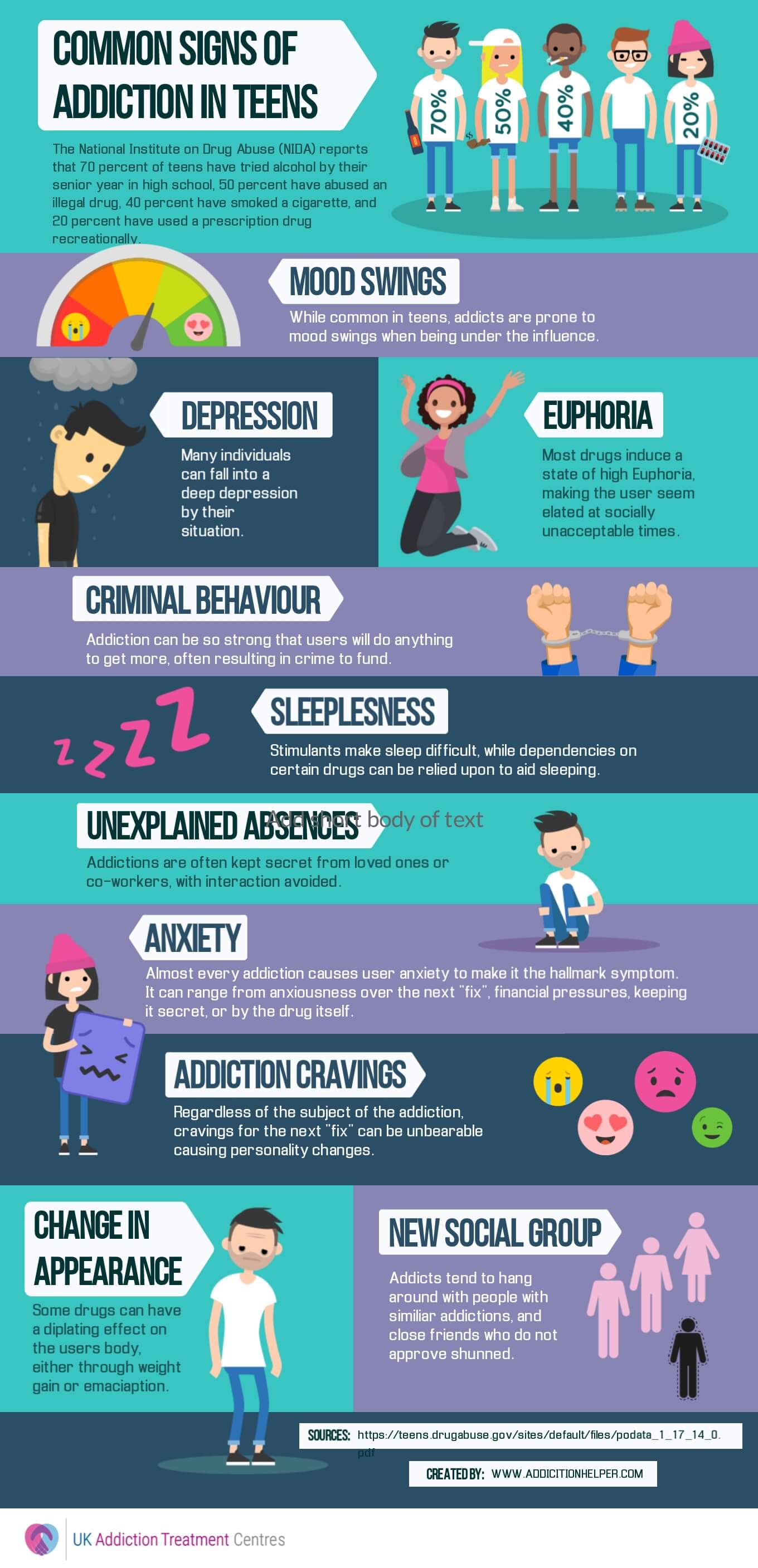Conquering Triggers And Cravings After Ending Up Drug Rehabilitation
Conquering Triggers And Cravings After Ending Up Drug Rehabilitation
Blog Article
Post By-Glenn Stilling
You have actually completed Drug rehabilitation and taken a substantial step towards a much healthier way of living. Now, dealing with triggers and desires post-rehab can be a tough trip. How do you browse through these minutes without jeopardizing your progress? Recognizing the techniques to deal with triggers and yearnings is important in keeping your sobriety. Allow's explore reliable ways to take care of these challenges and secure your newfound dedication to living a drug-free life.
Recognizing Triggers and Yearnings
To properly manage your triggers and yearnings, begin by identifying the circumstances or emotions that bring about your desire to make use of. Take a moment to review what situations or feelings trigger your food cravings. Is it stress and anxiety, monotony, social scenarios, or certain areas? By pinpointing these triggers, you can much better prepare yourself to cope with them.
Triggers can be both inner, such as negative emotions or physical pain, and exterior, like being around people that use compounds or going to a specific location.
Focus on patterns in your yearnings-- are they extra regular at specific times of the day or in response to details events?
Building Healthy Coping Methods
Recognizing your triggers and yearnings is the very first step towards structure healthy coping techniques to handle them efficiently. Once you're aware of what circumstances, emotions, or people trigger your food cravings, you can begin establishing a plan to resolve them.
One effective approach is to change unfavorable actions with favorable ones. As an example, if stress sets off desires, practicing relaxation strategies like deep breathing or meditation can help. Participating in exercises such as exercise or opting for a walk can also be a fantastic method to cope with food cravings.
An additional key facet of structure healthy coping approaches is to develop a helpful environment. Border yourself with people that comprehend your journey and can offer encouragement and responsibility. just click the up coming site is very important to establish borders with people that might not support your recovery.
Additionally, creating a regimen that includes healthy behaviors like routine workout, appropriate nourishment, and adequate rest can help you remain on track and reduce the possibility of experiencing triggers and cravings.
Looking For Assistance and Responsibility
Producing a network of supportive individuals that can supply encouragement and hold you accountable is critical in taking care of triggers and food cravings successfully. 92517 Drug Rehab Aftercare Programs , relative, or a support group that understand your trip and can offer support when you encounter difficult circumstances.
Having someone to talk with throughout moments of temptation can make a significant difference in remaining on track with your recuperation. Accountability partners can assist you remain concentrated on your objectives and advise you of the reasons why you picked to seek assistance to begin with.
They can additionally aid in producing a structured strategy to manage triggers and food cravings, such as creating different tasks or dealing systems to change the urge to utilize drugs. Routine check-ins with your support group can supply peace of mind and inspiration, helping you really feel much less separated in your healing trip.
Final thought
Keep in mind, identifying and coping with triggers and yearnings after Drug rehab is an essential part of keeping sobriety.
By recognizing your triggers, constructing healthy coping approaches, and looking for assistance from loved ones or support system, you can browse through difficult minutes and stay focused on your sobriety goals.
Bear in mind, you aren't alone in this journey, and with the right tools and support, you can get over temptations and live a meeting, drug-free life.
Keep strong and keep moving forward.
